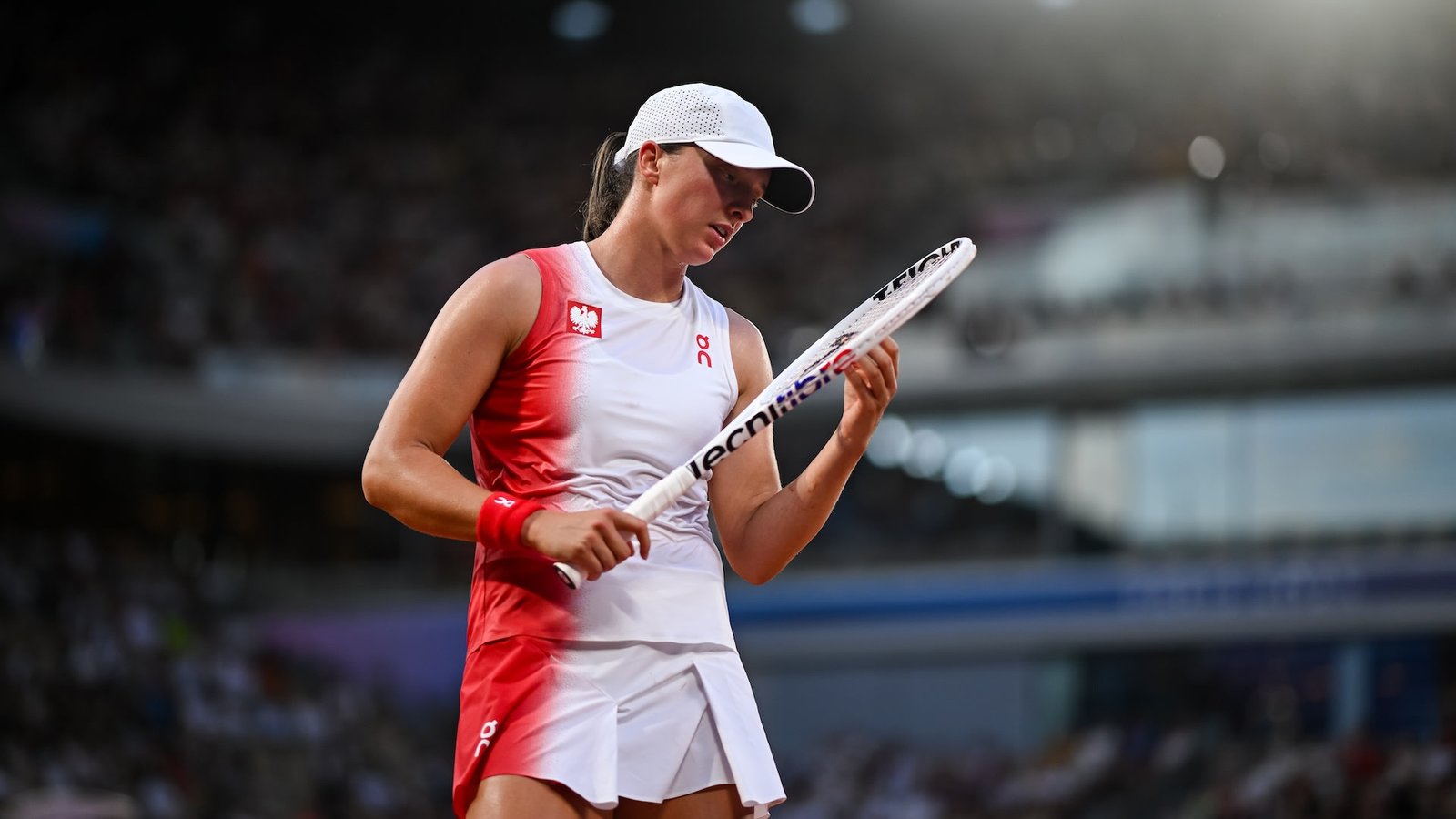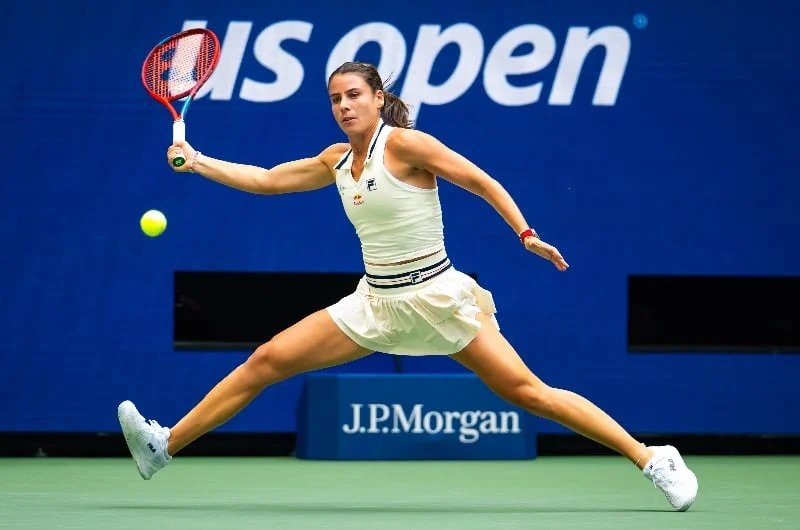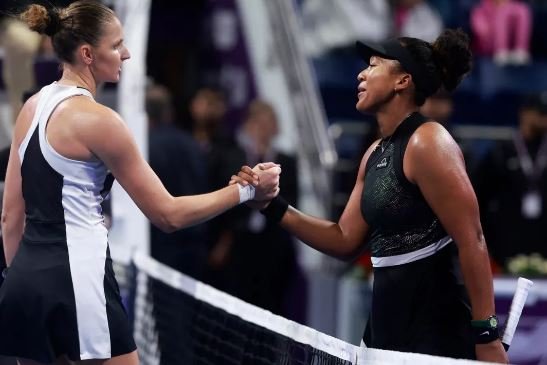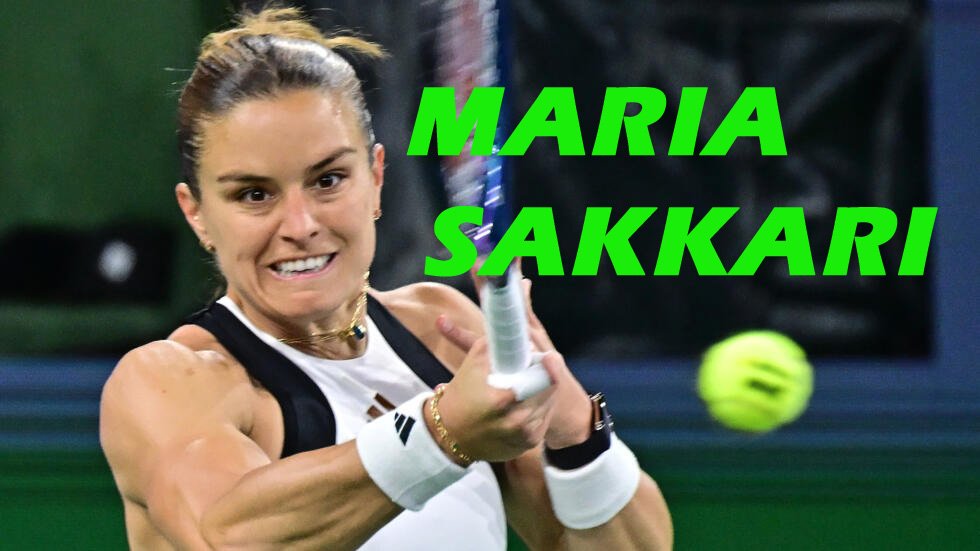Jessica Pegula, the well-known American tennis player, has advanced to the US Open 2024 quarterfinals, demonstrating her skill once more on the court.
Pegula is now one step closer to breaking past her Grand Slam quarterfinal barrier after defeating emerging Russian talent Diana Shnaider 6-4, 6-2.
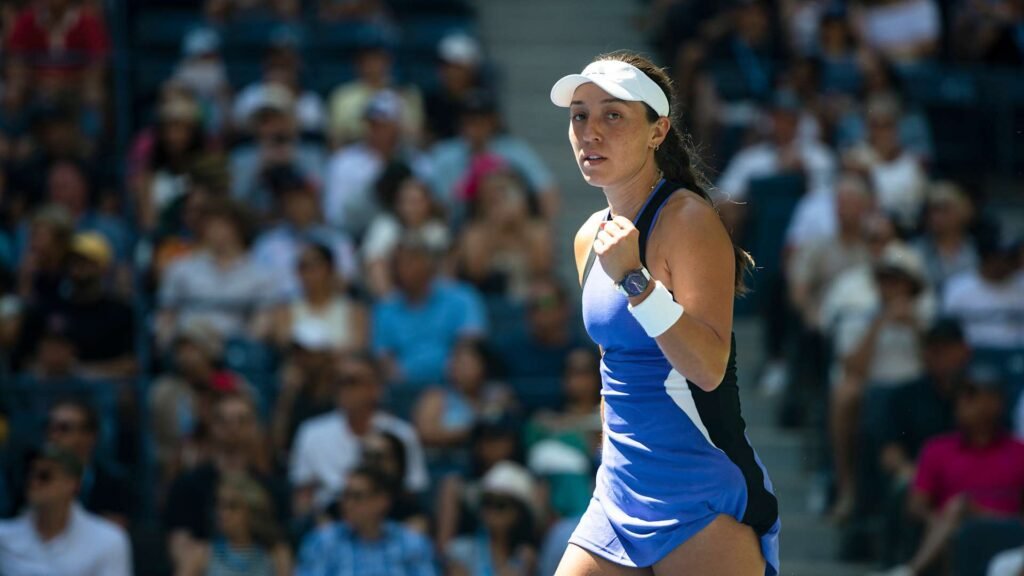
Stretched all over the court in Arthur Ashe Stadium on Labor Day during the US Open, she was pulled like taffy and occasionally pushed around by Diana Shnaider like a new student. She darted in and out of sunlight and shadow.
However, she is not the same Jessica Pegula, whose shady actions have contributed significantly to her elimination from Grand Slam competitions in the quarterfinals. On the strength of a solid 6-4, 6-2 victory over Shnaider, a dangerous, kerchief-wearing, left-handed 20-year-old who has soared from outside the Top 100 to the No. 18 ranking, she reached that level for the eighth time since 2021.
Shnaider had only dropped 13 games in her previous three matches before facing Pegula, the No. 2 player in the United States depth chart (for the time being). She had also defeated Coco Gauff in the most recent National Bank Open in Canada.
The assiduous thirty-year-old Pegula is benefiting from a change of emphasis in her training: Less weightlifting and increased agility and footwork to achieve explosiveness—that elusive goal She said, “[Now] I can be pulled off the court and not fall behind in the point,” as a result. I’m able to move out of tight spaces and yet make aggressive shots.
Pegula is stepping outside the bounds of her extremely disciplined and conservative technique. She is also varying the tempo of her shots, “throwing in a couple of slices on both sides,” and taking bigger chances to exert more pressure on opponents. She remarked, “You have to keep getting faster and stronger every day, with how the girls are today.”
Pegula might have been alluding to Shnaider, even though she wasn’t saying it explicitly. The gifted young player has a very violent southpaw forehand and a devastating serve. She plays with a lot of danger and a lot of power. Having to survive five deuces and four break points (of nine on the day, with Pegula fending off seven) before she leveled at 1-1, Pegula knew she was in trouble from the start.
There were a lot of the “anything you can do, I can do better” rallies in the opening set, which have occasionally caused Pegula trouble. However, she steered clear of recurring patterns and quickly took a 5-2 lead. In the following game, Pegula let off the gas and was destroyed. However, Pegula fought off two break points following a Shnaider hold. Using an unplayable body serve, she finally shackled Shnaider and forced a forehand error to seal the set.
It was crucial to hold serve at the conclusion of the opening set, according to Pegula. “I was then able to return with more aggression.”
Pegula played a brilliant left-handed serve against Shnaider, which was quite an accomplishment considering the dearth of southpaws on the tours. A player must constantly remind herself that a lefty’s ball goes in a different direction.
“I went for a couple of forehand inside-out returns on the ad side at one point in the second set,” Pegula said. “I gave her two free easy points.” “All right, this isn’t working,” I said. Return to the page. Just head straight [down the] middle, as it will turn inside out if I’m late. It will go in if I try to hit it early.
The second set began with a hold exchange, and Pegula pushed Shnaider to four deuces before the Russian landed a double fault that ended the match. Pegula took advantage of the break to start hitting the ball freely.
Shnaider’s continued competitiveness at 2-4 points said a lot about Pegula’s form. The women engaged in a lengthy rally at deuce, moving each other all around the court, until Pegula caught Shnaider off guard with a slice forehand/drop-shot hybrid. It set up a pass attempt that Shnaider speared out of play at full stretch.
Pegula, who has won 13 of her last 14 hard court matches, including one in Toronto, stated, “I’m moving a lot better the last month.” “It has really helped me be really consistent and stay into a lot of these points, these sets, and these games.”
Pegula is also pleased with how her serve is going, which might be important in the next few days. Despite the fact that she will never be as skillful as Olympic Games finalists Qinwen Zheng and Donna Vekic, Pegula may only strengthen that weakness by putting her trust in her hand.
“I’ve been doing pretty good,” she remarked. “I’ve been kind of getting myself out of service games by serving effectively or smartly in important moments like today where she was returning very well, even if it’s not working. If I compare these two things (moving and serving) to past years, I would conclude that I’m performing better currently.
With either first seed Iga Swiatek or No. 16 Ludmila Samsonova standing in her way, will the improvements ultimately enable her to punch a ticket to the semifinals and beyond?
She remarked, “I know you don’t want the corny answer.” “But every day feels a little different, and it’s just kind of one match at a time.”
For an experienced Grand Slam quarterfinalist, a small change of pace can be exactly what’s needed.

